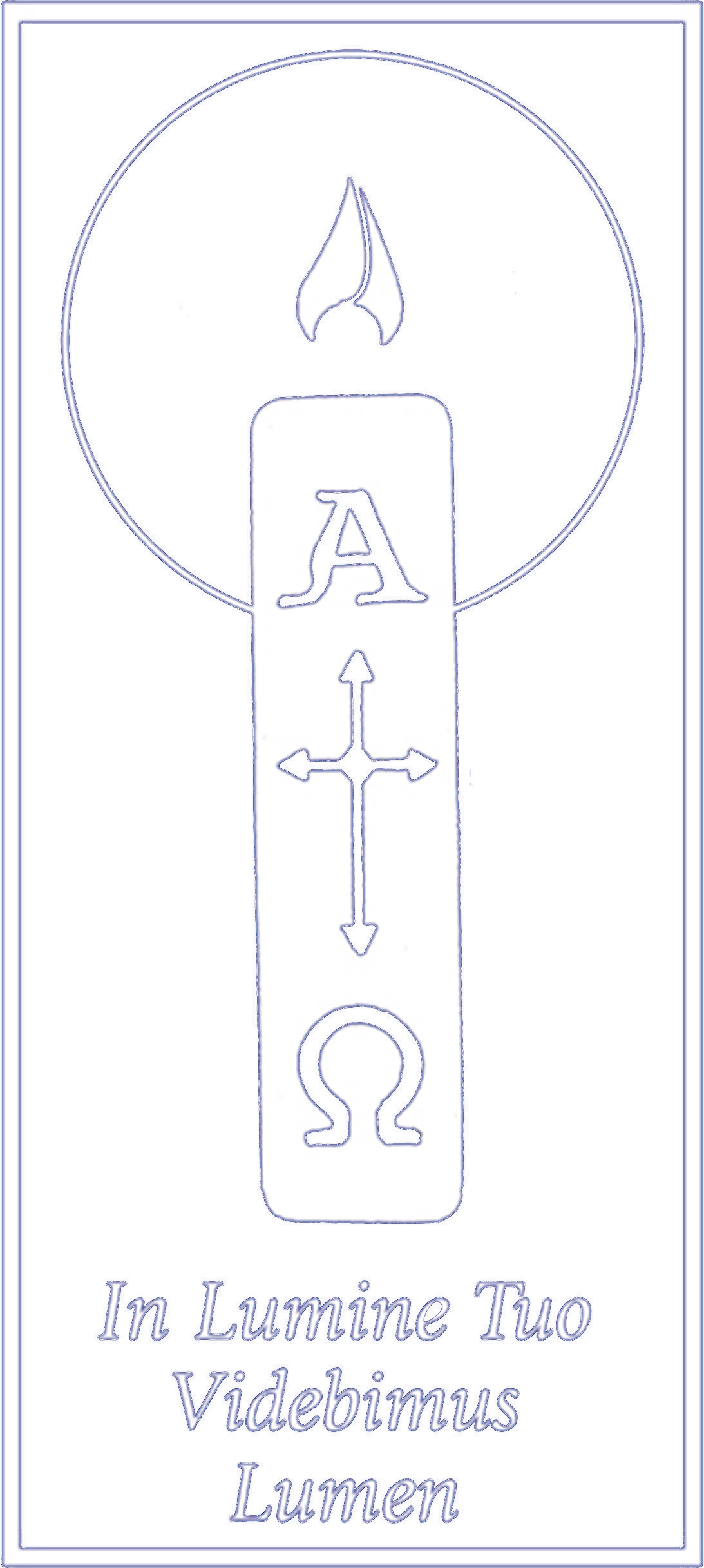 Paolo Carozza has made it his life’s mission to articulate the Church’s vision of human rights in classrooms around the world—teaching currently at Notre Dame Law School but having also taught at Harvard Law School, the University of Florence, the University of Milan, and the University of Chile.
Paolo Carozza has made it his life’s mission to articulate the Church’s vision of human rights in classrooms around the world—teaching currently at Notre Dame Law School but having also taught at Harvard Law School, the University of Florence, the University of Milan, and the University of Chile.
Given the loss of a common understanding of what constitutes human nature, Carozza is passionate about his vocation.
The immense scope of the task at hand has led Carozza at times to step outside of his role within academia. From 2006-2010, he served both as a member and as President of the Inter-American Commission on Human Rights (an organization whose mission is to promote and protect human rights in the American hemisphere), revealing his desire to make an impact in the world of human rights from practical experience as well as scholarly reflection.
The seeds of his calling to public life were planted at home. Carozza comes from a family of scholarly Italian immigrants and credits his parents, his earliest teachers, for instilling in him certain values that gave him a desire to make a difference in the world.
It was during his time as an undergraduate at Harvard University however that his sense of purpose became more refined. There he encountered faculty who introduced him to the riches of Catholic thought and inspired him to think about how he could witness to the faith in law school.
Carozza argues that the encounter with Catholicism when one is maturing intellectually is immensely important. He applauds Lumen Christi for presenting the rich intellectual history of the Church to students at the University of Chicago who are—as he was at Harvard—faced with the decision of how they will spend the rest of their lives.
His own profession has been immensely challenging.

Currently Professor of Law and the Director of the Center for Civil and Human Rights at the University of Notre Dame, Carozza says it isn’t easy to speak out for human rights in a culture where rights can mean anything and everything, where “the concept of dignity can be contradicted in the same decision by the same judge,” he admits.
It disappoints him that the culture has eroded to its current state. In a talk given on April 5th at a downtown conference titled “Pacem in terris After 50 Years”—sponsored by the Lumen Christi Institute, the John U. Nef Committee on Social Thought at the University of Chicago, and the Center for Civil and Human Rights at the University of Notre Dame—Carozza claimed that Pope John XXIII’s encyclical marked the apex of a mutual understanding between the Church and mainstream secular culture on the meaning of human rights. Since then, the two narratives have been growing further and further apart.
One example of this divergence in a shared understanding is in the disappearance of a notion of duties. At the time of the promulgation of Pacem in terris, most people would agree that the right to life included the duty to preserve one’s life. Today the “right to right to life includes the right to destroy one’s own life and another’s life,” he says.
We have a duty to get involved, he argues, precisely because the understanding of human rights has changed over the past fifty years. “Catholics have to generate a new culture,” Carozza says. “We must not merely react to pathologies, but we must be capable of generating something new.”
Carozza therefore urges Catholics to shoulder responsibility for the transformation of culture, encourages them to contribute to John XXIII’s vision of a more just society.
“The prospects of that slow and deliberate change directly depend on increasing the presence of persons in the environment of human rights, persons who bear with them a different sensitivity, a different vision, who incarnate a different understanding of the human person,” he says. “It is not sufficient to engage in intellectual discourse. It is not sufficient to develop a doctrine. It is a human encounter that will make the difference over time.”
In his closing remarks at the conference on Pacem in terris, Carozza shared these words of exhortation from John XXIII: “Everyone who has joined the ranks of Christ must be a glowing point of light in the world, a nucleus of love, a leaven of the whole mass. He will be so in proportion to his degree of spiritual union with God.”





